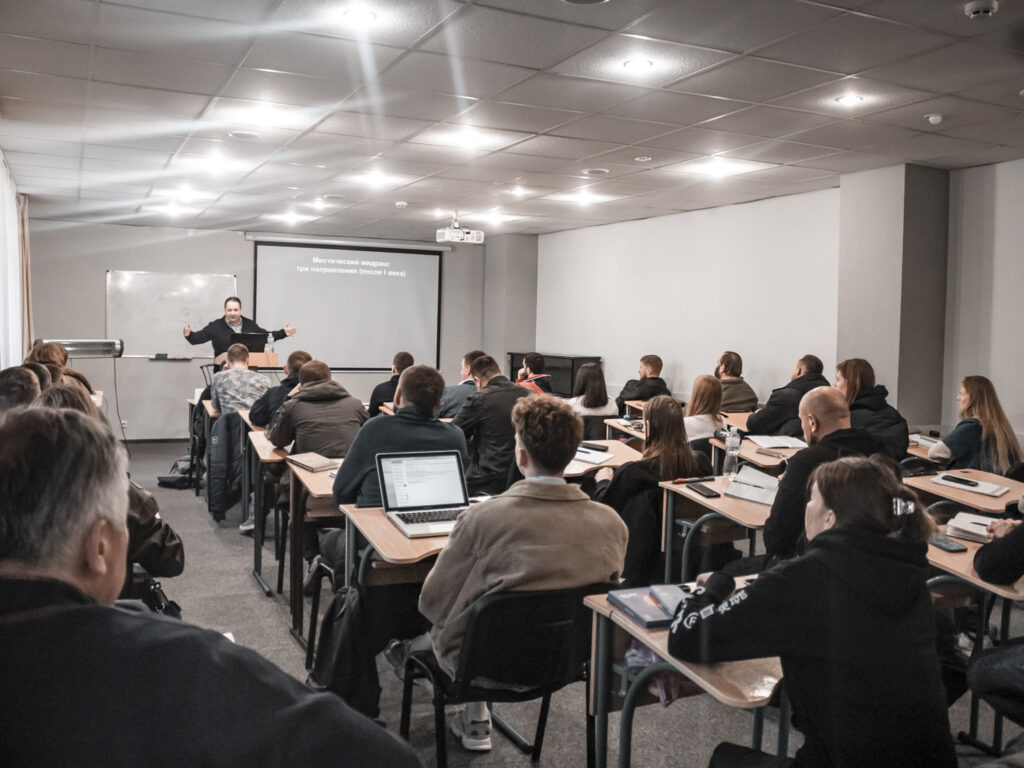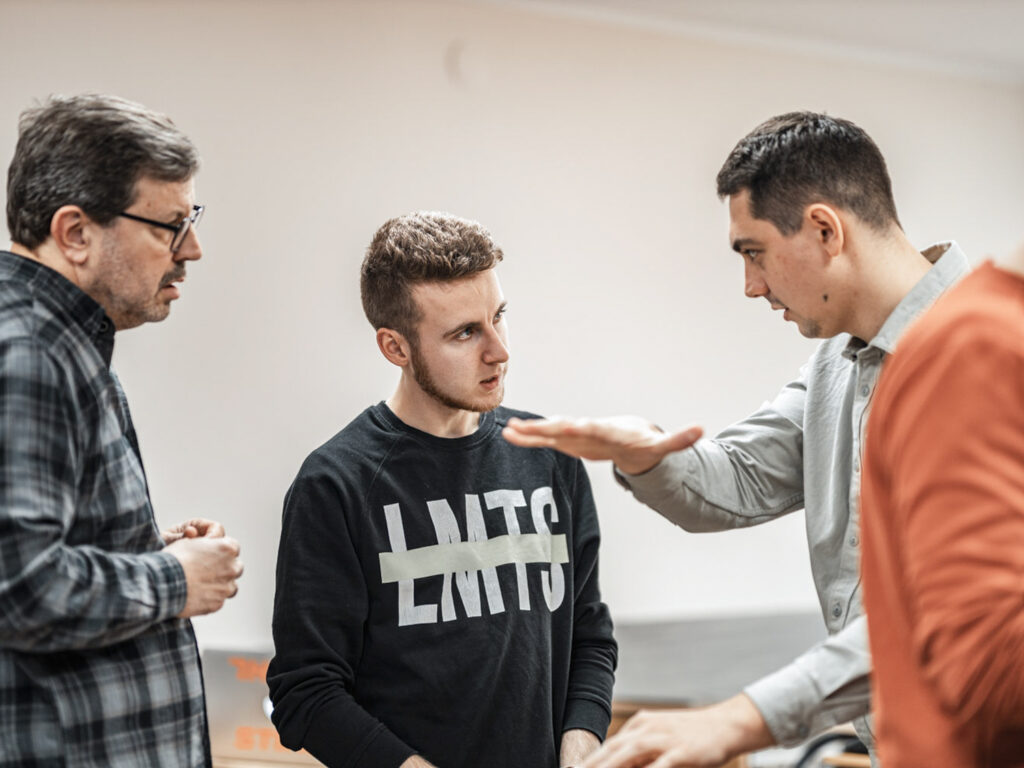Fundamentals of Applied Theology. Regional Centers.
Bachelor’s degree / Certificate
Resident Program
Bachelor’s degree / Certificate
Resident Program

The purpose of the program is to equip Christians with necessary basic knowledge and skills in the realm of theology, Bible studies and holistic mission. We want to see Christians in all regions of Ukraine who would build up the Church and transform society.




The first days were terrible without my mother :-) I was very sad without family, I wanted to go...
Student of the Applied Theology residential program
‘In whom are hidden all the treasures of wisdom and knowledge’ (Colos. 2:2). UETS helps to learn...
Graduate of the Regional Centers program, Kharkiv
Studying at the seminary is definitely a challenge for me! I like learning the Scriptures from...
Graduate of the Regional Centers program, Kharkiv
Studying at the seminary is really worth it! It is simpler than it sounds, more useful than it...
Graduate of the Regional Centers program, Kharkiv
I am a first year student at UETS and I can say that for over 4 months of my studying I can notice...
Graduate of the Regional Centers program, Kharkiv
Studying at UETS is a great start for ministers and Christians at any age, any city of Ukraine. It...
Graduate of the Regional Centers program, L’viv
As for me, studying at UETS is to open something new and deep in the topics I have known since my...
Graduate of the Regional Centers program, Kharkiv